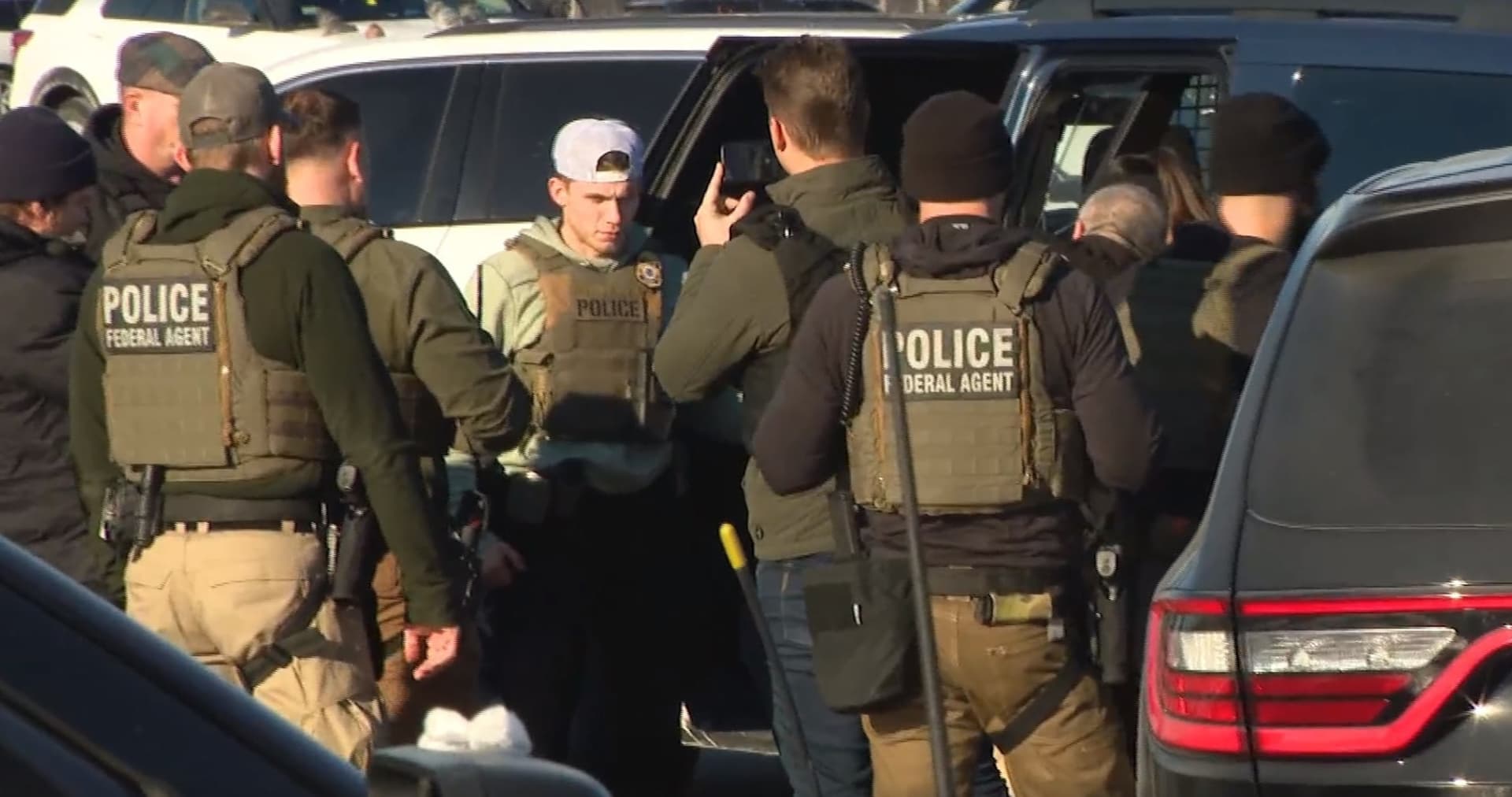Congresswoman Indicted for Alleged Theft of Five Million Disaster Funds
A federal grand jury in Miami has returned an indictment charging Representative Sheila Cherfilus McCormick and co defendants with stealing roughly five million dollars in federally funded disaster relief, an allegation that strikes at the integrity of pandemic response programs. The case raises urgent questions about oversight of federal relief, campaign finance abuses, and the consequences for communities that depended on those resources.

A federal grand jury in Miami returned an indictment on November 20 charging Representative Sheila Cherfilus McCormick of Florida and multiple co defendants with stealing approximately five million dollars in federal disaster relief and laundering the proceeds. Prosecutors say the funds were overpayments tied to a federally funded COVID 19 vaccination staffing contract awarded to a family owned company, and that a substantial portion was allegedly diverted to support the congresswoman's 2021 campaign through improper contributions and straw donors. The indictment includes counts of theft, money laundering and related offenses.
The charges mark a dramatic escalation in scrutiny of the congresswoman, who is now facing a federal criminal case while also contending with existing inquiries. The Office of Congressional Ethics and investigators from the House have previously examined aspects of her finances and contracts, and the new indictment could prompt further congressional action and renewed debate over enforcement mechanisms for members of Congress.
Officials said the indictment centers on alleged overpayment and misdirection of funds intended for pandemic response. Such funds were designated to bolster vaccination efforts and shore up health staffing during a public health emergency, and prosecutors contend that the money was diverted away from its intended purpose. Attorney General Pam Bondi publicly condemned the alleged misuse of disaster funds, framing the case as part of broader efforts to protect federal relief programs from abuse.
Public health experts and community leaders say the allegations, if proven, will have repercussions beyond legal consequences. Disaster relief and pandemic relief programs were meant to reach communities that faced the greatest health risks and the fewest resources. Diversion of those dollars reduces the capacity of clinics, mobile vaccination teams and other local providers to deliver care, and it erodes trust among populations already hesitant to engage with public health systems.
The indictment also spotlights vulnerabilities in how pandemic era contracts were awarded and monitored. Emergency procurement can speed services in a crisis, but the rush to allocate dollars can create gaps in oversight. Advocates for transparency and campaign finance reform argue that this case underscores the need for stronger auditing, clearer conflict of interest rules and tighter controls on how federal emergency funds flow to private contractors.
For constituents in the congresswoman's district the charges add a layer of uncertainty at a moment when many remain reliant on federal support for health care and recovery. Community based organizations and public clinics that competed for scarce resources may face renewed questions about fairness and access, particularly in neighborhoods with high rates of chronic illness and economic hardship.
Legally the indictment begins a process that will move through federal court. The charges do not by themselves establish guilt, and the matter will be decided by the judicial system. Still the allegations have immediate political and policy consequences, fueling calls for reforms to protect disaster relief programs and for closer scrutiny of ties between public dollars and political campaigns. As the case proceeds, lawmakers and regulators will confront how to rebuild trust and ensure that emergency funds serve the public interest rather than private gain.


